When Healing Begins With Words Never Spoken
I have partnered with a dear client for about four years now. In the first year, we met regularly. In the years that followed, we met only when she felt she needed what she calls her “maintenance” check-ins. Over time, I have witnessed her embrace the deep work: the kind that does not skip over the pain, the kind that invites every feeling to be felt, the kind of transformation that inspires me to walk alongside my clients.
At the end of our last session, she said out loud to herself,
“Why has it taken me all these years to get here? To feel this clear, this free, this liberated, to finally step into breaking from what was not working, nor healthy for me or for everyone involved.”
I could sense she had stepped into a freedom that was deeply profound. Being curious on her behalf, I asked, “What if the time it took was simply the time your journey needed?”
I often wish there were a quick formula for this kind of transformation, something we could accomplish in just one or two sessions. The truth is, for some, it can take a lifetime to arrive here.
In her case, nothing catastrophic had to happen to spark her awakening, and I consider that ideal. We don’t have to wait until life shakes us to begin inquiring and doing the inner work. As she reflected on arriving here now, she began to recognize the person she had become along the way. She had been consciously tending to her hurt. Hurt that had often gone unseen and was frequently misunderstood to be something else entirely.
What am I talking about? Cycle Breaking.
A cycle-breaker is somebody who sees an unhealthy cycle of behavior in their family of origin (meaning the family they grew up in) and intentionally works to break that cycle.
One day, I’ll create my own podcast dedicated to this! Because those who commit to ending unhealthy patterns amaze me. They are not only freeing themselves, but they are also freeing future generations from carrying the same pain. It truly ends with them.
In one of the Letters from Love by Elizabeth Gilbert (which I think are wonderful, if you have not subscribed, I highly recommend them), a guest writer once said:
“Cycle breaker, it is easier to end cycles than you might think. All you have to do is stop. Stop participating in them. Don’t do that anymore. Leave.”
What a powerful statement, because it is true. Yet the reason we cannot simply walk away or stop participating is often far more complex than it appears.
For my client, her inner child needed nurturing, compassion, appreciation, and healing so she could grow into her own strength. So she could stand with self-acceptance and confidence, ready to face whatever came her way: whether it was blame from her family, the distance from a once-close father and sister, or the disappointment of loved ones.
For her, this began with offering herself the apology she knew would never come. The one that says, “I see you. I understand. I should have done better.”
The Words We Need to Hear
Healing often begins when we give voice to words that have never been spoken. I call this re-parenting ourselves, offering ourselves the love and acknowledgment we once longed for but did not receive, even from the most loving or present parents.
It’s about speaking the words aloud, or writing them down, and learning to meet ourselves in the places we have felt most alone.
This is precisely what my client did. She wrote a letter as if her mom had written it to her. The letter she wrote may not have been real in a literal sense, but to her, it felt real enough. And sometimes that is all it takes, to name the ache, to meet yourself in silence.
This letter brought her peace. It gave her strength. It also served as the bridge toward deep compassion for her mother and the pain she herself has been carrying.
Here’s her beautiful letter, shared with her consent, which may offer a spark of healing and inspiration to others.
Dear daughter,
I want to say I’m sorry.
There were things I didn’t see clearly before, and now that I do, I need to name them.
Because of what I went through growing up ( a mother I had to care for from a young age, and a father who was financially present but emotionally absent), I struggled to face the disconnection that unfolded between you and your brother over the years. A part of me didn’t want to believe that kind of distance and silence could exist in our family. It was just too painful to admit that, especially after working so hard to build what I thought was almost a perfect family.
Another part of me thinks that perhaps the disconnect I had with my own father growing up didn’t allow me to understand what a genuine connection looked like. I didn’t recognize it, nor did I know how to see it reflected between the two of you. How could I recognize something I never received?
While I did call out some of your brother's behavior growing up, over time, I stopped. Not because it was okay, but because I was afraid. I feared that if I kept challenging him, he’d pull away from me completely. I wanted to learn to accept him as he was, but that fear got in the way of showing up for you.
And instead, I turned my pain toward you.
Pain I still struggle to face, one I remain deeply afraid of confronting. I feel like a failure, and that is painful to admit, because I truly gave everything I knew how to give. I poured my whole life into our family, hoping we could always be united and tight. To even imagine that I may have contributed to this is unbearable. So I blame you a lot, and constantly, when I shouldn’t have.
I’ve gone as far as telling you that you have serious problems and that you need professional help. I constantly point out your weaknesses (from when you were little, not from the woman you’ve become), and for the past five years, I’ve focused on highlighting them to you, as well as to those around me and some of the closest people in your life. And each time you showed me your hurt and sadness, I labeled you disrespectful and placed all the blame on you.
I believe you when you say this is your greatest wound. I deeply regret it. Accepting your brother should never have come at the cost of dismissing you, your feelings, or your view of what a real connection looks like. And I deeply regret that.
I can now see how hurtful my reactions must have been, especially for someone like you, who values connection and closeness so deeply. You’ve always deserved to feel seen, validated, and supported by me.
It’s not okay that your brother failed to stay in touch and hasn’t really made space for a real relationship with you. And knowing you, I know you’d be the first to welcome him with an open heart if the gesture ever came from a genuine place. I’ve also noticed that you’ve come to a place of acceptance with him; you no longer complain or criticize, nor do you try to come between us and him. You’ve even said you love him, and I believe you. Of course I do.
I believe you when you speak about the mistreatment and lack of respect you've experienced. I see how, over the years, you've tolerated the distance, but no one should ever have to endure being disrespected repeatedly. Thank you for showing us what it looks like to raise the bar, to love yourself enough to protect your dignity. Isn’t that what we all deserve?
You shouldn't have to lower your standards. Instead, we can all be inspired to rise with you. Because in the end, that’s what this journey is about: growing, learning, and choosing love, starting with ourselves.
I understand now that loving someone doesn’t mean you must stay in a relationship with them, especially if that relationship was never truly there to begin with. It takes interest and effort from both sides. And I trust your inner compass to guide you on whether or when that kind of connection might feel right for you.
I just want you to know that I see it now. I take full responsibility for where I fell short. I won’t blame you. I see you. I hear you. And I’m here.
I care deeply. And I’m committed to doing better, with you, and for you.
Mom
An Invitation to You
If you ever felt like you’ve needed something like this, you’re not alone. This is an invitation to write the words they couldn’t say. Because your healing matters.
So, I leave you with these prompts to reflect upon:
What would shift if the words you needed finally came, even if only from you?
What would you say to yourself if you stopped waiting?
Related Reading
If you’ve ever felt like a failure, know that it’s not where you have to stay. It’s a painful place, but it deserves your attention. I’ve shared some gentle, practical steps toward self-compassion in a piece you can read here.


